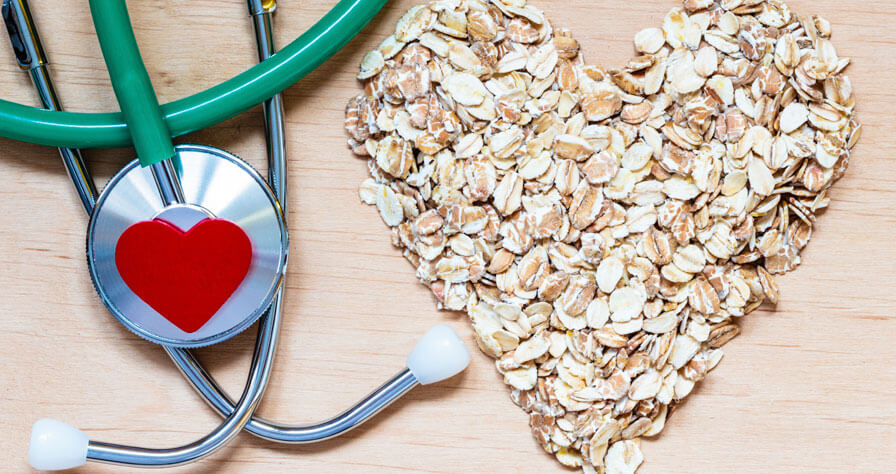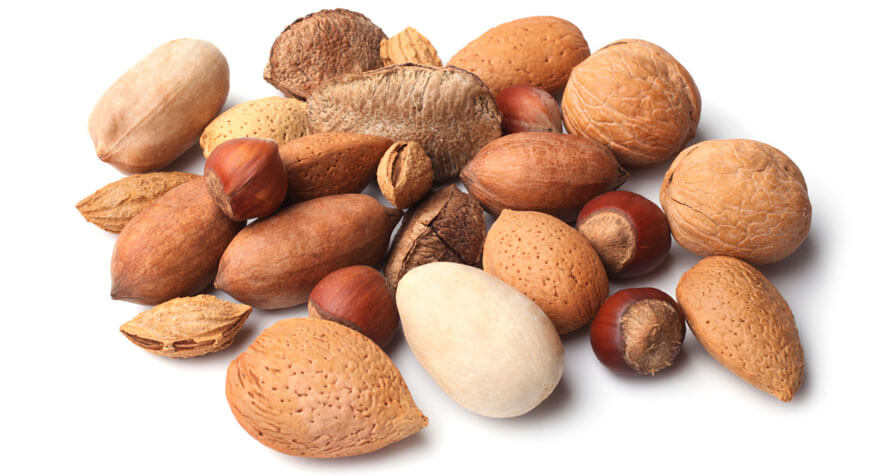8 Tips for Lowering Cholesterol

High cholesterol increases our risk for heart disease. This happens when the body has too high of LDL “bad” cholesterol. LDL cholesterol collects in the blood vessels, forming blood clots. Lowering cholesterol levels will boost your heart’s health and increase your energy levels. So here are eight tips to help lower your cholesterol.
- Monitor your saturated fats intake – According to the American Heart Association, no more than 13 grams of saturated fat should be consumed on a daily 2,000 calorie diet. Saturated fatty foods include butter, full and low-fat dairy products, coconut oil and red meat. Try substituting salmon, whole grains, fruits, vegetables and non-fat dairy for the items mentioned above.
- Eat more polyunsaturated and monounsaturated fats – Both polyunsaturated and monounsaturated fats help to lower LDL cholesterol. Some great sources of these fatty acids include fatty fishes such as tuna, seeds, nuts, canola oil, sunflower oil and avocados.
- Eat more soluble fiber-rich foods – Soluble fiber is proven to keep the body feeling full longer, but did you know that soluble fiber can also lower your cholesterol? Some foods with a great source of this fiber are oats, beans, peas, apples and eggplant.
- Lose excess weight – Weight loss has many benefits to your body. It can help prevent diseases including heart disease, type 2 diabetes, high blood pressure and high cholesterol. Lose enough weight and your doctor might take you off your cholesterol prescriptions. Try limiting your fat intake even if it is “good fat,” like olive oil, due to the calories.
- Add whey protein to your diet – One of the two proteins found in dairy products, whey protein contains most of the health benefits of dairy foods. When protein is given as a supplement, whey protein lowers LDL and total cholesterol.
- Exercise regularly – We know the rule “exercise at least 30 minutes per day.” Exercising regularly can increase your HDL “good” cholesterol, improving your overall health. If 30 minutes in one setting is too much, try three 10 minute intervals throughout the day.
- Avoid refined sugars – There are many different types of refined sugars the most common being granulated and powdered sugars; however, all sugar should be consumed in moderation. When it is not, sugar decreases your HDL cholesterol, increasing the risk for a heart attack. Researchers found that when sugar intake was monitored, HDL cholesterol was higher and triglyceride levels were low.
- Relax more – Did you know that stress can impact your cholesterol levels? When someone manages stress in an unhealthy way (i.e. self blame or social isolation), HDL cholesterol decreases while LDL cholesterol increases. This happens when the body, reacting to stress, provides fuel to prepare for a “fight-or-flight” situation. This signals the liver to produce and secrete more LDL cholesterol. Meditating at least 15 minutes and getting six to eight hours of sleep daily will help beat stress and stabilize cholesterol levels.
Learn more about Heart Care at Baptist Health.



